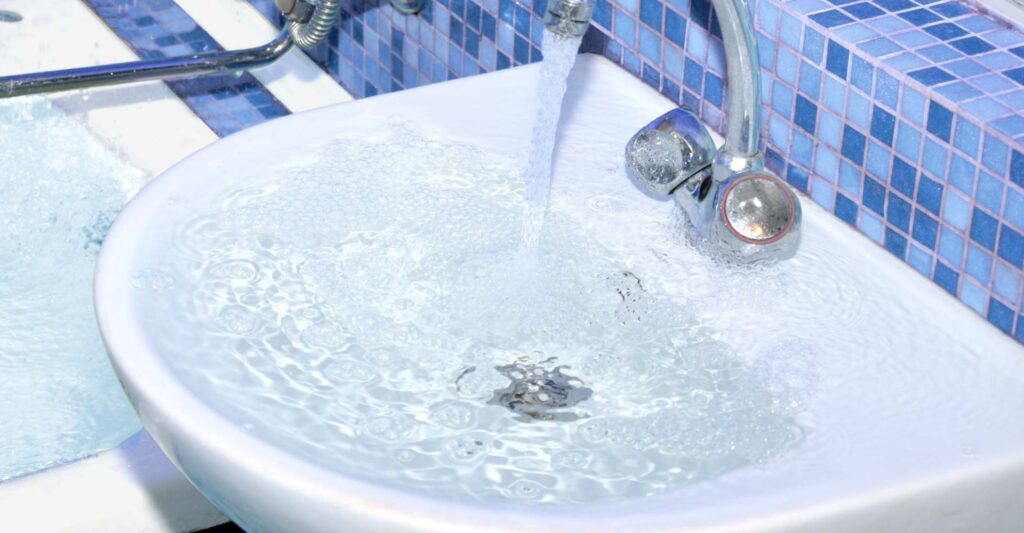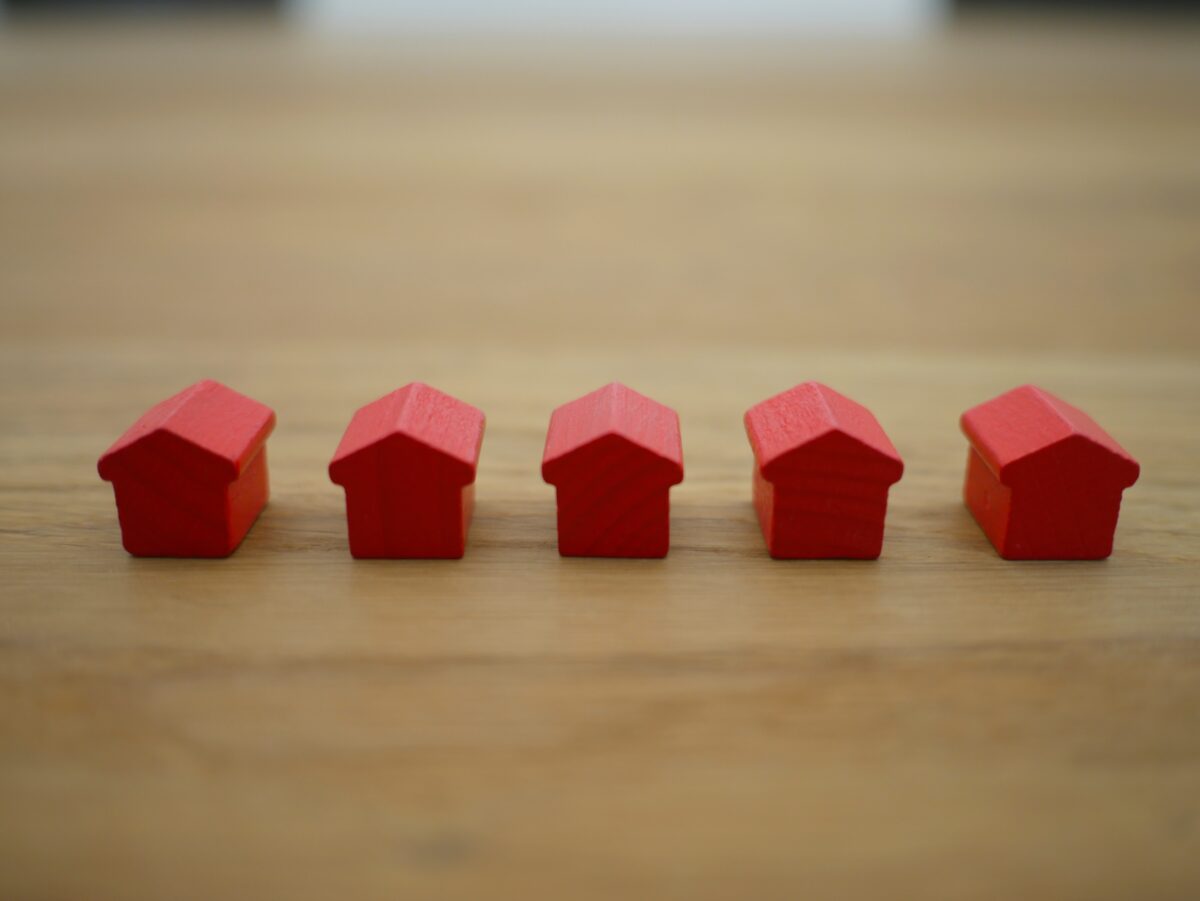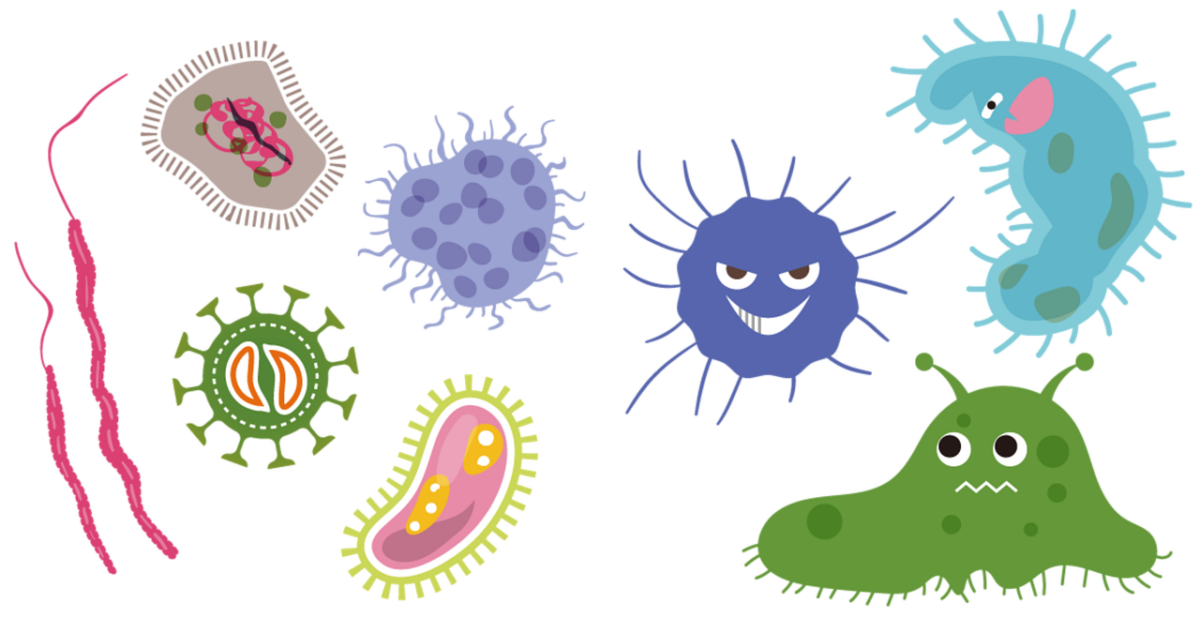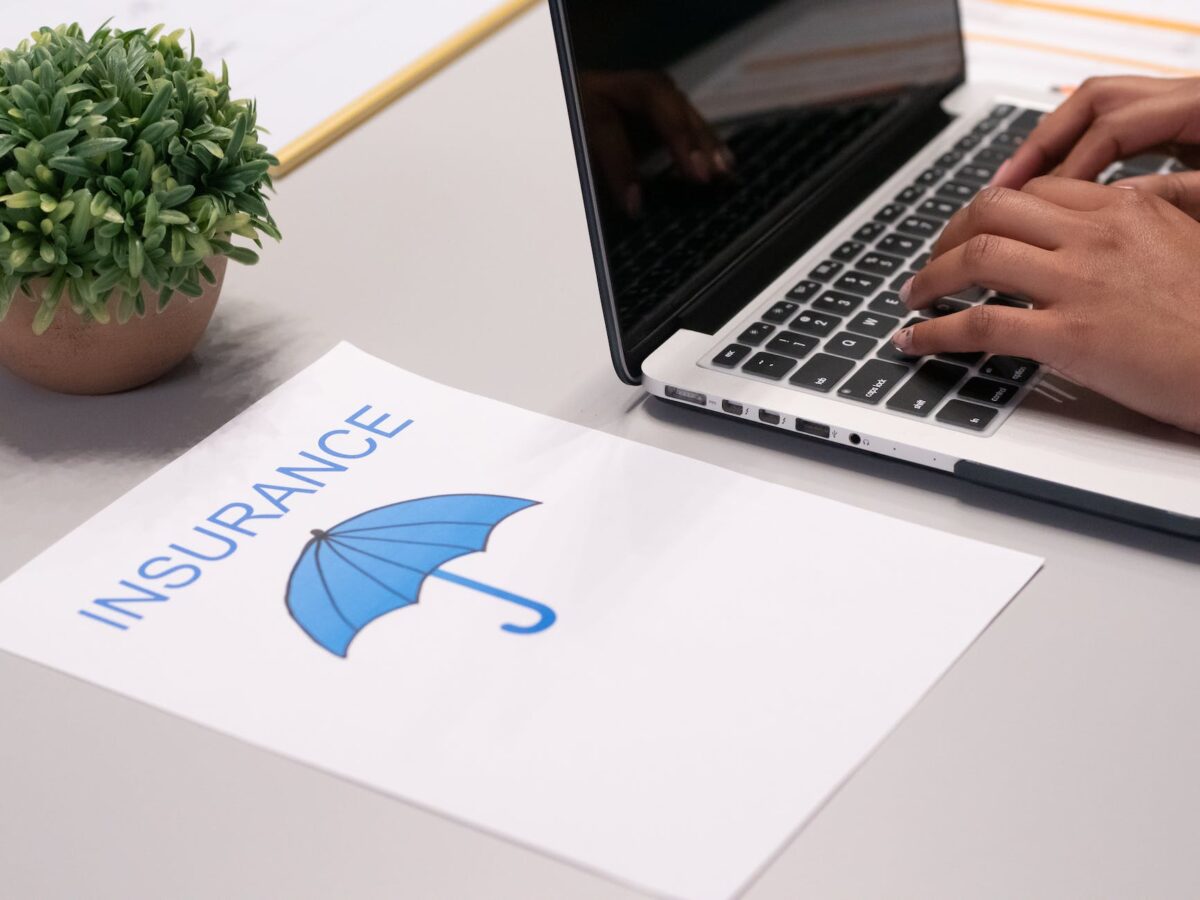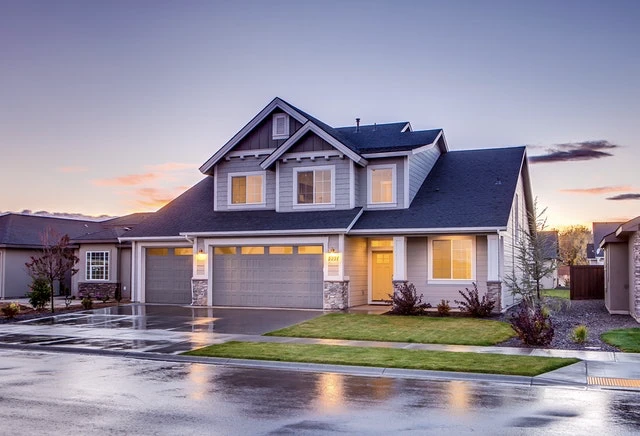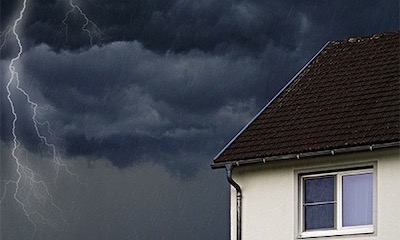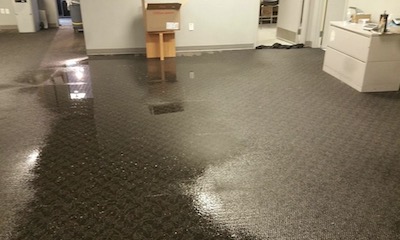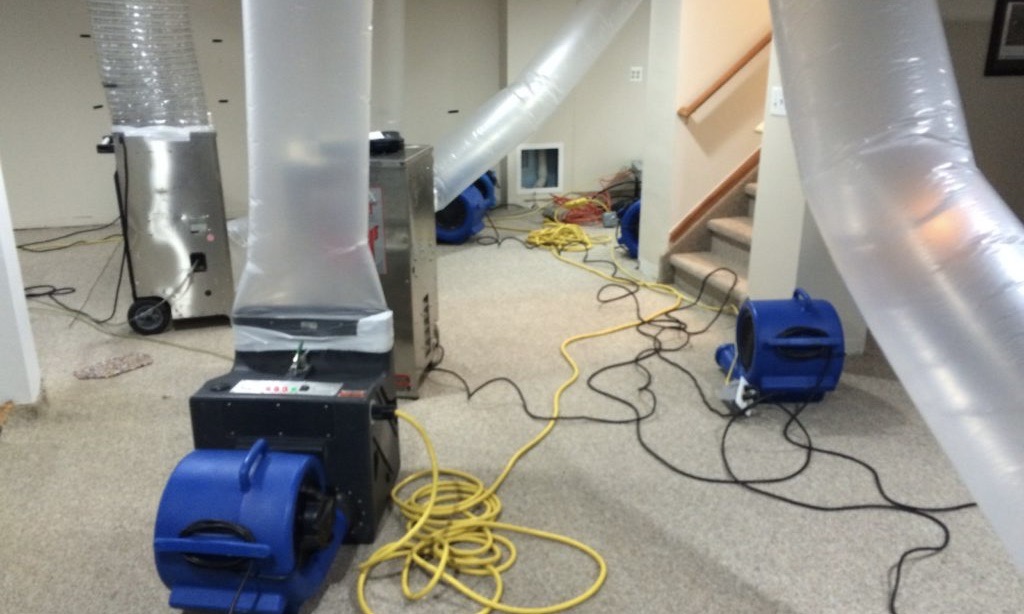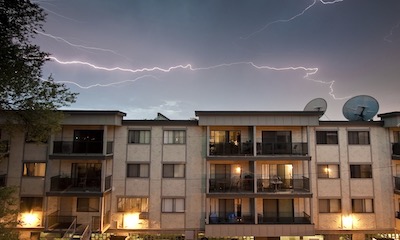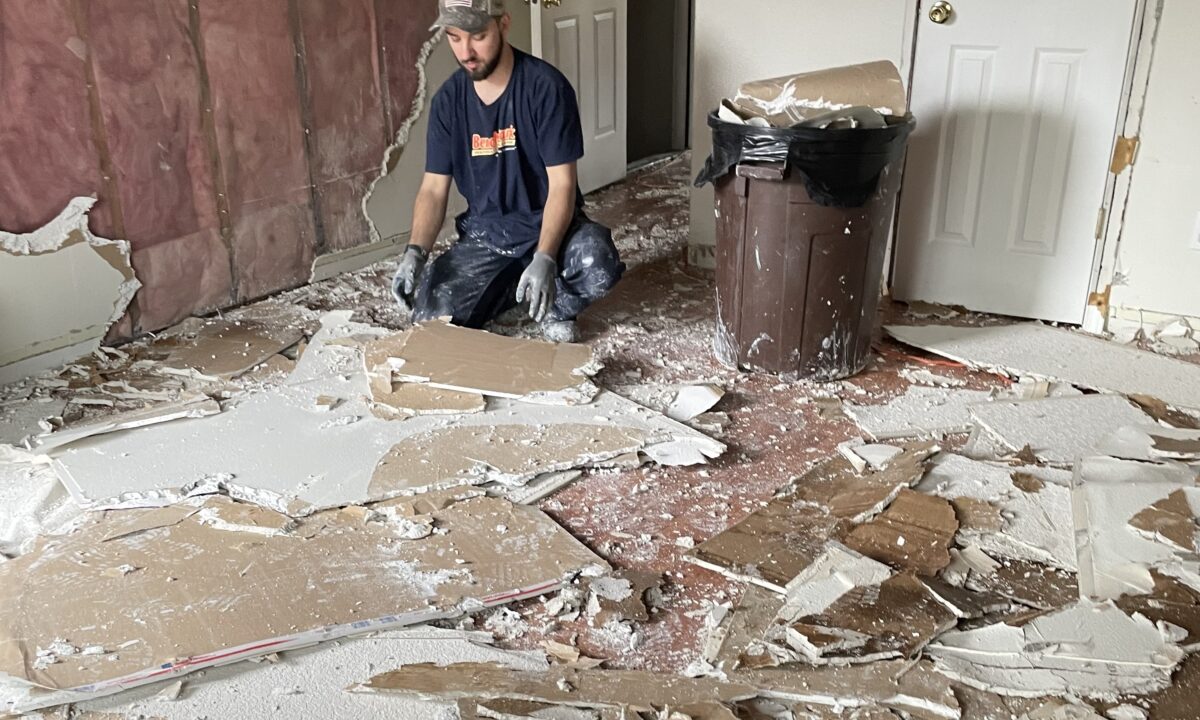What are the common causes of water damage?
Water damage is one of the most common problems faced by homeowners, and it can cause a significant amount of damage if left unaddressed. Understanding the common causes of water damage can help you prevent it from happening in your home. In this article, we will discuss the most common causes of water damage in homes.
5 Common Causes of Water Damage
- Leaking Pipes – Leaking pipes are a common cause of water damage in homes. Over time, pipes can deteriorate and become corroded, which can lead to leaks. If you notice a leaky pipe, it is essential to have it repaired or replaced as soon as possible to prevent further damage.
- Plumbing Issues – Plumbing issues such as clogged toilets and drains can cause water to back up and overflow. This can lead to water damage in your home, particularly if it occurs on an upper floor. Regular maintenance of your plumbing system can help prevent these issues from occurring.
- Appliance Malfunctions – Appliance malfunctions, such as a malfunctioning washing machine or dishwasher, can cause water to overflow and lead to water damage. Regular maintenance of your appliances can help prevent these malfunctions from occurring.
- Roof Leaks – Roof leaks are another common cause of water damage. A leaking roof can allow water to enter your home and cause damage to the walls, ceilings, and floors. Regular inspections of your roof can help identify any potential issues before they lead to water damage.
- Natural Disasters – Natural disasters such as floods and hurricanes can cause significant water damage to homes. It is essential to have adequate insurance coverage to protect your home in the event of a natural disaster.
Understanding the common causes of water damage can help you take steps to prevent it from happening in your home. Regular maintenance of your plumbing system and appliances, as well as regular roof inspections, can help identify and address potential issues before they lead to water damage. In the event of a natural disaster, having adequate insurance coverage can help protect your home and mitigate the damage.
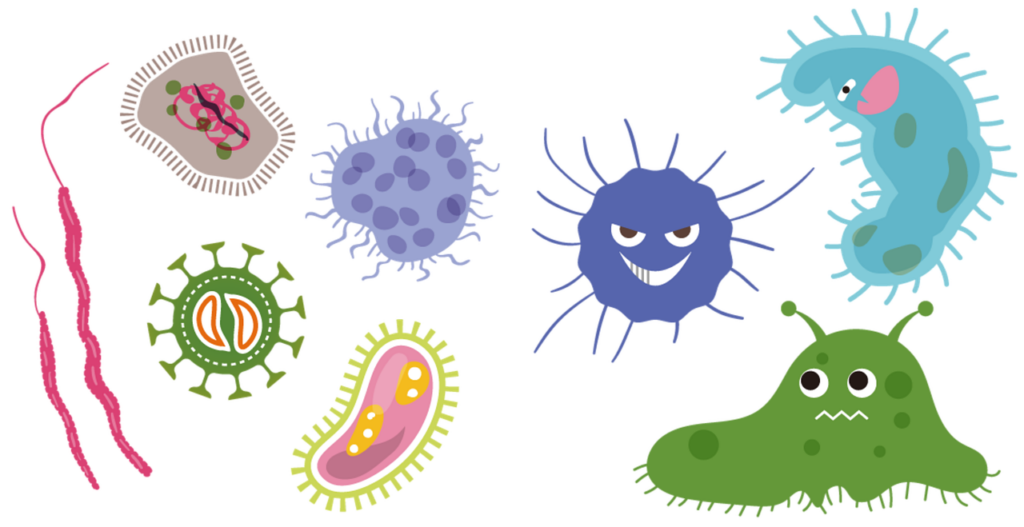
Recommended For You:
Can water damage restoration services prevent mold?
Genesis design collections have everything you need to design beautiful block-powered websites with just a few clicks. Go Pro to get our entire collection!
How plumbing related issues can cause water damage?
Burst pipes
Burst pipes are a common plumbing issue that can cause water damage. Pipes can burst due to freezing temperatures, corrosion, or excessive water pressure. When a pipe bursts, water can quickly flood your home and cause damage to your walls, floors, and ceilings. If left untreated, the water can also lead to mold growth, which can be dangerous for your health.
Leaking Faucets
Leaking faucets can also cause water damage over time. Even a small drip from a faucet can add up over time, leading to significant water damage to your floors and cabinets. The water can also seep into your walls and lead to mold growth, which can be difficult to remove.
Faulty Water Heater
Another common plumbing issue that can cause water damage is a faulty water heater. If your water heater is old or damaged, it can leak water and cause damage to your floors and walls. In addition, if the temperature setting on your water heater is too high, it can cause the tank to overheat and rupture, leading to a major water damage issue.
Plumbing issues can cause significant water damage to your home if not addressed promptly. If you notice any signs of a plumbing issue, such as a leaky faucet or a strange sound coming from your pipes, it’s important to contact a plumber right away to prevent further damage.
How do appliance malfunctions can cause water damage?
Appliance malfunctions are another common cause of water damage in homes. Appliances that use water, such as washing machines, dishwashers, and refrigerators, can malfunction and leak water, causing damage to your floors, cabinets, and walls.
Washing machine water damage
Washing machines are a common source of water damage. If the hoses that supply water to the machine become loose or damaged, water can leak out and flood your laundry room. In addition, if the washing machine’s drum becomes unbalanced, it can cause the machine to vibrate and move, which can damage the surrounding area and cause water to spill out.
Dishwasher water damage
Dishwashers can also cause water damage if they malfunction. If the dishwasher’s door seal becomes damaged, water can leak out during a wash cycle and cause damage to your cabinets and floors. In addition, if the dishwasher’s drain line becomes clogged or damaged, it can cause water to back up and spill out onto your kitchen floor.
Refrigerator water damage
Refrigerators can also cause water damage if they have a malfunctioning ice maker or water dispenser. If the water line that supplies water to these features becomes damaged or clogged, it can cause water to leak out and damage your floors and cabinets.
If not addressed promptly appliance malfunctions can cause significant water damage to your home. If you notice any signs of a malfunction, such as water pooling around an appliance or an unusual noise, it’s important to contact a repair technician right away to prevent further damage. Additionally, it’s important to regularly maintain your appliances to prevent malfunctions and extend their lifespan.
How roof leaks cause water damage?
Roof leaks are a common cause of water damage in homes. When your roof is damaged, water can seep into your home and cause damage to your ceilings, walls, and floors. Here are some of the ways that roof leaks can cause water damage:
- Damaged Shingles: If your roof has damaged or missing shingles, water can seep through the gaps and into your home. The water can then cause damage to your walls, ceilings, and floors.
- Cracked Flashing: The flashing on your roof is designed to prevent water from seeping through the seams where the roof meets other structures, such as chimneys and vents. If the flashing becomes cracked or damaged, water can seep through the seams and cause damage to your home.
- Clogged Gutters: Your gutters are designed to direct water away from your roof and your home’s foundation. If your gutters become clogged with leaves and debris, water can pool on your roof and seep into your home, causing water damage.
- Ice Dams: Ice dams can form on your roof during the winter months when snow and ice melt and refreeze. When ice dams form, water can seep into your roof and cause damage to your ceilings, walls, and floors.
- Poorly Installed or Maintained Roof: If your roof was poorly installed or has not been properly maintained, it can be more susceptible to damage from weather and other factors. A poorly installed or maintained roof can allow water to seep through the seams and cause water damage to your home.
Roof leaks can cause significant water damage to your home if not addressed promptly. If you notice any signs of a roof leak, such as water stains on your ceiling or walls, it’s important to contact a roofing professional right away to prevent further damage. Additionally, regular maintenance of your roof, gutters, and flashing can help prevent roof leaks and water damage.
How natural disasters cause water damage.
Natural disasters such as hurricanes, floods, and heavy rainfall can cause significant water damage to homes and other buildings. Here are some of the ways that natural disasters can cause water damage:
- Flooding: Heavy rainfall or rapid snowmelt can cause flooding, which can lead to significant water damage. Floodwaters can seep into basements and crawl spaces, damaging walls, floors, and personal belongings.
- Storm Surge: A storm surge is a rise in sea level caused by a hurricane or other severe weather event. Storm surges can cause flooding and water damage to coastal homes and buildings.
- High Winds: High winds from hurricanes or other severe weather events can damage roofs and windows, allowing water to enter and cause damage to the interior of a home.
- Mudslides: Heavy rainfall or other severe weather events can cause mudslides, which can damage homes and cause significant water damage.
- Sewer Backups: During severe weather events, sewer systems can become overwhelmed and cause backups into homes and other buildings. This can cause significant water damage and pose health risks to inhabitants.
In conclusion, natural disasters can cause significant water damage to homes and other buildings. It’s important to prepare for these events by taking steps such as installing flood barriers, sealing windows and doors, and having a plan for evacuating your home. If your home does suffer water damage from a natural disaster, it’s important to contact a professional restoration company near by to mitigate the damage and restore your home as quickly as possible.
About the author:
Adam Vermilyea is the owner of Benchmark Restoration & Cleaning, a Water Damage Restoration Company in Vancouver Wa. With over 35 years of experience in the water damage restoration industry.
Technicians Responding Now!
Contact us today and get help you need and deserve.
We’re responding to all restoration emergencies now. Including Water Damage, Fire Damage, Smoke Damage, and more. Call Now.
About the author

Hi there, I’m Adam.
I’m a water damage restoration manager for Benchmark Restoration & Cleaning and working in Vancouver Washington. When I’m not restoring homes, I’m out exploring the National Parks with family.
Benchmark Restoration & Cleaning
11419 NE 126th St, Suite #116 Vancouver Washington 98662
Phone: 360-696-4140
Email: [email protected]
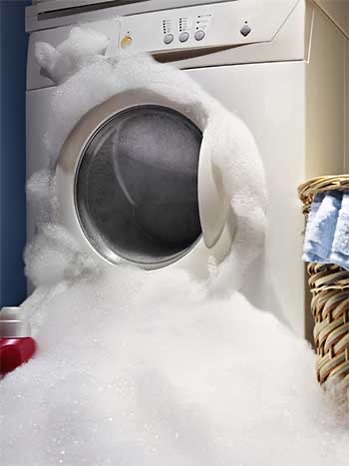
Water Damage Restoration Services by Benchmark
Technicians responding now:
24/7 Response
Reflect your fashionable style.
Water Extraction
Specializing in water removal
Flash Drying
Rapid Drying techniques and state of the art equipment
Restoration
Returning homes to pre-loss condition faster.
